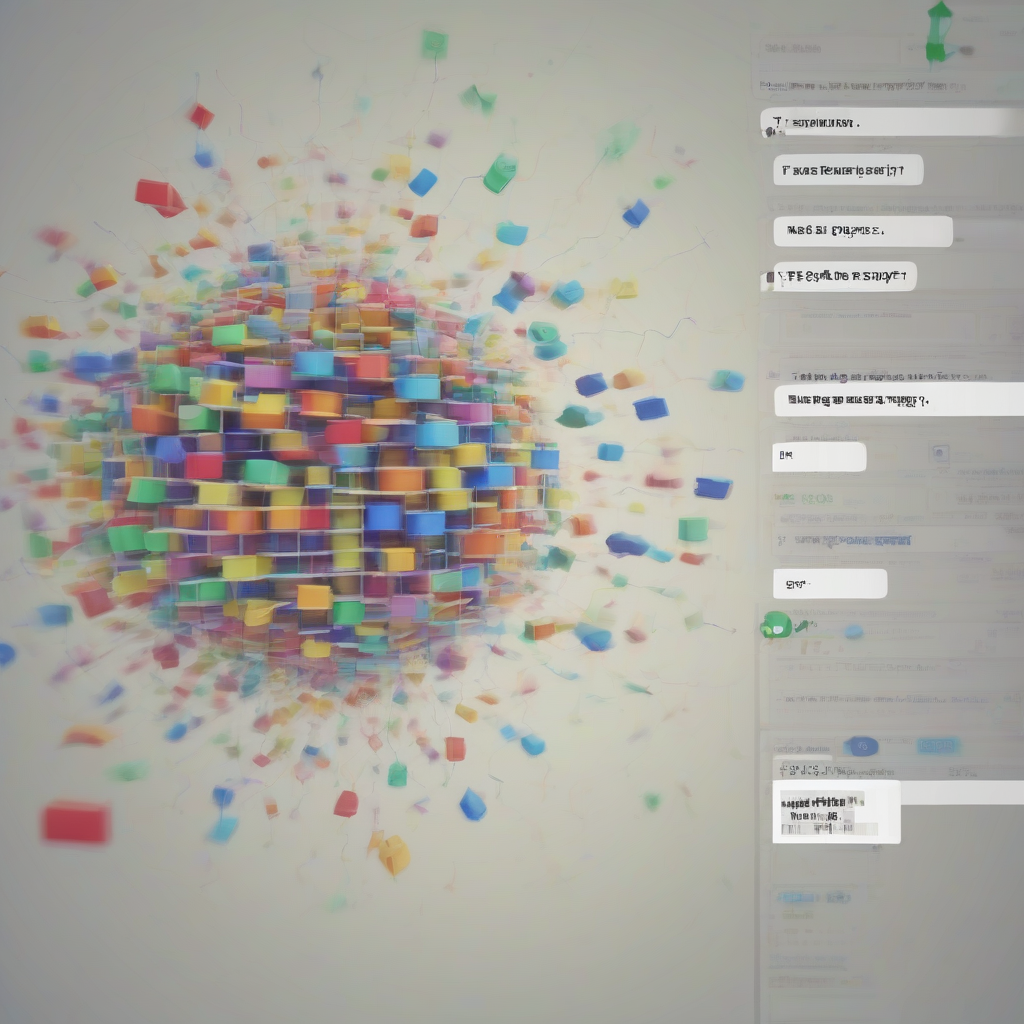
Unlocking Local Generosity: Your Guide to Finding Formula Donation Near You
Finding formula donations near you can feel like navigating a maze, especially during times of need. This comprehensive guide offers a structured approach to locating resources, understanding eligibility requirements, and maximizing your chances of securing essential infant nutrition support.
Understanding the Landscape of Formula Donation
The availability of formula donations varies significantly based on geographical location, local support networks, and current economic conditions. Several key avenues exist, each with its own set of access criteria and procedures.
1. Local Food Banks and Pantries
- Extensive Network: Food banks often represent the largest and most accessible resource for formula assistance. They frequently partner with manufacturers and distributors to obtain donated formula.
- Eligibility Requirements: Most food banks operate with income-based eligibility guidelines. You’ll typically need to provide proof of income and residency.
- Application Process: The application process can vary; some food banks offer online pre-registration, while others require in-person visits.
- Finding Local Options: Use online search engines (e.g., “food bank near me,” “food pantry near me”) to locate nearby facilities. Websites like Feeding America provide national directories.
2. WIC (Women, Infants, and Children) Program
- Government-Funded Assistance: WIC is a federally funded program specifically designed to provide nutritional support for pregnant women, new mothers, and young children.
- Formula Provision: WIC provides vouchers that can be used to purchase formula from participating retailers.
- Eligibility Criteria: Eligibility is based on income, residency, and nutritional risk assessment.
- Application Process: Applications are typically made through local health departments or WIC clinics. You’ll need to provide documentation such as proof of income, identification, and proof of residency.
- Finding Local WIC Offices: The USDA’s website provides a searchable database to find local WIC offices.
3. Hospitals and Healthcare Providers
- Hospital Social Work Departments: Many hospitals have social work departments that can connect families in need with formula assistance programs or resources.
- Pediatric Clinics: Pediatric clinics often maintain connections with local charities and organizations that can offer formula support.
- Contacting Directly: Directly contacting your healthcare provider or hospital’s social services department is a crucial step in accessing potential aid.
4. Local Churches and Religious Organizations
- Community Support: Many churches and religious organizations operate food pantries or have outreach programs that offer formula to families in need.
- Varying Support Levels: The level of support varies widely depending on the specific church or organization. Some may offer regular formula distribution, while others provide one-time assistance.
- Reaching Out: Contact local churches or religious organizations in your community to inquire about available assistance.
5. Non-Profit Organizations and Charities
- Specialized Support: Some non-profit organizations focus specifically on providing support to families with infants. These organizations may offer formula as part of a broader range of services.
- Online Search: Utilize online search engines to find non-profits in your area that focus on infant and maternal health.
- Community Resources: Check with local community centers or social services agencies for referrals to relevant non-profit organizations.
6. Formula Manufacturers’ Support Programs
- Company-Specific Initiatives: Some formula manufacturers have support programs designed to assist families facing financial hardship.
- Check Manufacturer Websites: Visit the websites of major formula manufacturers to explore any available assistance programs.
- Limited Availability: The availability and eligibility criteria for these programs can vary significantly.
Maximizing Your Chances of Securing Formula Donations
Effectively navigating the process of finding formula donations requires proactive steps and careful preparation.
1. Thorough Research and Preparation
- Compile Necessary Documentation: Gather essential documents such as proof of income, residency, and identification.
- Create a List of Potential Resources: Compile a comprehensive list of local food banks, WIC offices, hospitals, churches, and non-profits that might offer assistance.
- Contact Each Resource Individually: Reach out to each potential resource to inquire about their formula donation program and eligibility requirements.
2. Understanding Eligibility Criteria
- Income Guidelines: Be aware that many programs have income-based eligibility requirements. Understand your household income and whether it falls within the acceptable range.
- Residency Requirements: Many programs may require proof of residency within a specific geographic area.
- Additional Requirements: Some programs may have additional requirements, such as proof of pregnancy or a medical referral.
3. Persistence and Patience
- Multiple Applications: Don’t be discouraged if you are initially unsuccessful. Apply to multiple programs to increase your chances of receiving assistance.
- Follow-Up Calls: Follow up with organizations after submitting your application to check on the status of your request.
- Network with Other Parents: Connect with other parents in your community to share information and resources.
4. Utilizing Online Resources
- Online Search Engines: Utilize online search engines to find local resources, using keywords such as “formula donation near me,” “free baby formula,” or “infant formula assistance.”
- Social Media Groups: Join local parenting groups on social media platforms to connect with other parents who may have experience accessing formula donations.
- Government Websites: Access government websites, such as the USDA’s website, to find information on programs like WIC.
5. Consider Alternative Options
- Store Brand Formulas: Store brand formulas often cost less than name brands and can be a more affordable option.
- Formula Clubs: Check for local formula clubs which may offer shared resources or cost-saving opportunities.
- Seeking Financial Assistance: Explore other sources of financial assistance such as government benefits, unemployment benefits, or charitable funds.
Navigating Challenges and Potential Barriers
Accessing formula donations can present challenges. Understanding these potential hurdles and developing strategies to overcome them is crucial.
1. Long Wait Times
- Anticipate Delays: Be prepared for potential delays in receiving assistance. Many programs have high demand and limited resources.
- Multiple Applications: Applying to multiple programs simultaneously can help mitigate the impact of long wait times.
2. Stringent Eligibility Requirements
- Careful Review: Carefully review eligibility criteria for each program to avoid wasting time applying for programs you don’t qualify for.
- Seek Assistance: If you are struggling to meet eligibility requirements, seek assistance from a social worker or case manager.
3. Limited Availability of Resources
- Geographic Variation: The availability of resources varies significantly depending on geographic location. Rural areas may have fewer options compared to urban areas.
- Network Building: Build a strong network of support by connecting with local organizations and other parents.
4. Transportation Barriers
- Transportation Challenges: Access to transportation can be a significant barrier for some families. Explore options such as public transportation, ride-sharing services, or assistance from local organizations.


